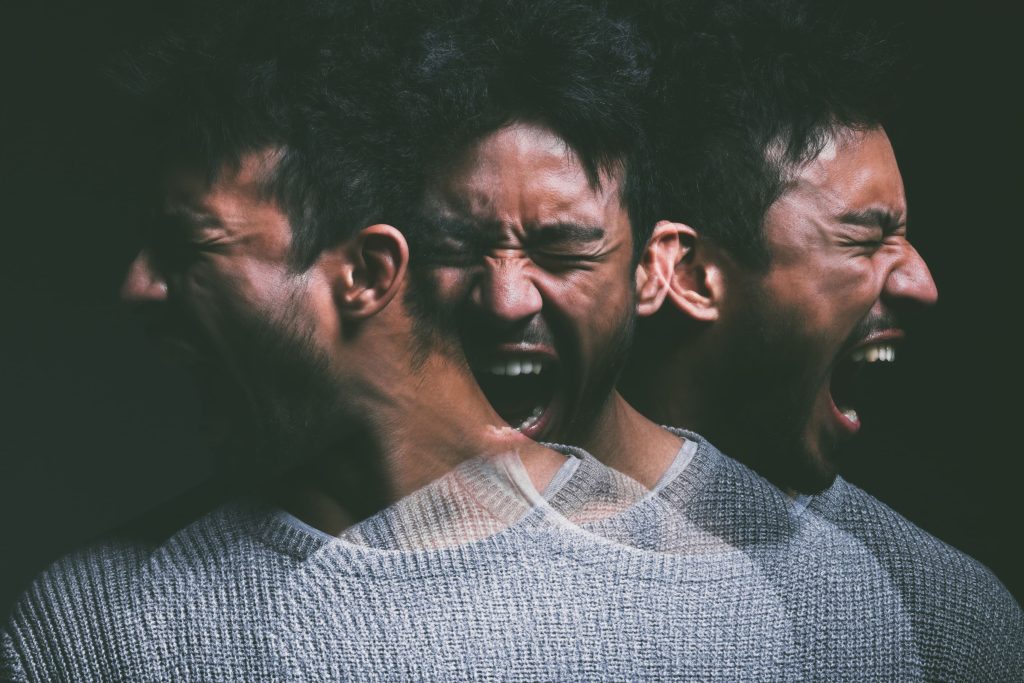Paranoia is when someone feels like others are out to get them. It’s like having a constant fear that people are trying to harm or deceive you. Learning about paranoia is important for those experiencing it and for those who want to help them.
What is Paranoia?
Paranoia means having beliefs that others are against you without any real proof. These beliefs can be mild or severe and can make it hard to trust others or feel safe.

Causes of Paranoia
Paranoia can happen because of different reasons:
Psychiatric Disorders: Sometimes, paranoia comes with conditions like schizophrenia or delusional disorder, where people see and understand things differently.
Trauma and Stress: Bad experiences, especially those involving betrayal or being hurt, can make people more likely to feel paranoid. Stress and past trauma can make someone more sensitive to feeling threatened.
Personality Factors: Certain personality traits, like always being suspicious or feeling insecure, can make someone more prone to paranoia. People with personalities like narcissism or paranoia might see others’ actions as threats more often.
Brain Differences: Sometimes, problems in how the brain works can lead to paranoia. This can happen in areas of the brain that deal with spotting danger, handling emotions, and understanding social situations.
Symptoms of Paranoia
Paranoia can show up in different ways, including:
Believing Things That Aren’t True: People with paranoia might believe that others are out to hurt them, even when there’s no evidence.
Being Extra Careful: They might always be watching out for signs that someone is trying to harm them.
Avoiding Others: Paranoia can make people want to stay away from others to protect themselves. Feeling Angry or Defensive: People might get mad easily and feel like they have to protect themselves from others.
Having Trouble Doing Daily Activities: Paranoia can make it hard to focus and make decisions, which can affect how someone lives their life.
Treatment of Paranoia
Paranoia can be treated with different approaches:
Talking Therapy: Therapists can help people challenge their paranoid thoughts and learn ways to cope better with their fears.
Medication: Sometimes, doctors might prescribe medicines to help reduce paranoia, especially if it’s linked to conditions like schizophrenia.
Support from Others: Having friends, family, and professionals who understand and support them can make a big difference for someone dealing with paranoia.
Conclusion
Paranoia can be tough to deal with, but understanding it can help people get the support they need. By recognizing the causes, symptoms, and ways to treat paranoia, we can create a more supportive environment for those affected by it. Early help and support can help people manage their fears and live better lives. Whether one suffers from a specific mental health problem like Paranoia or something like anxiety it’s always
